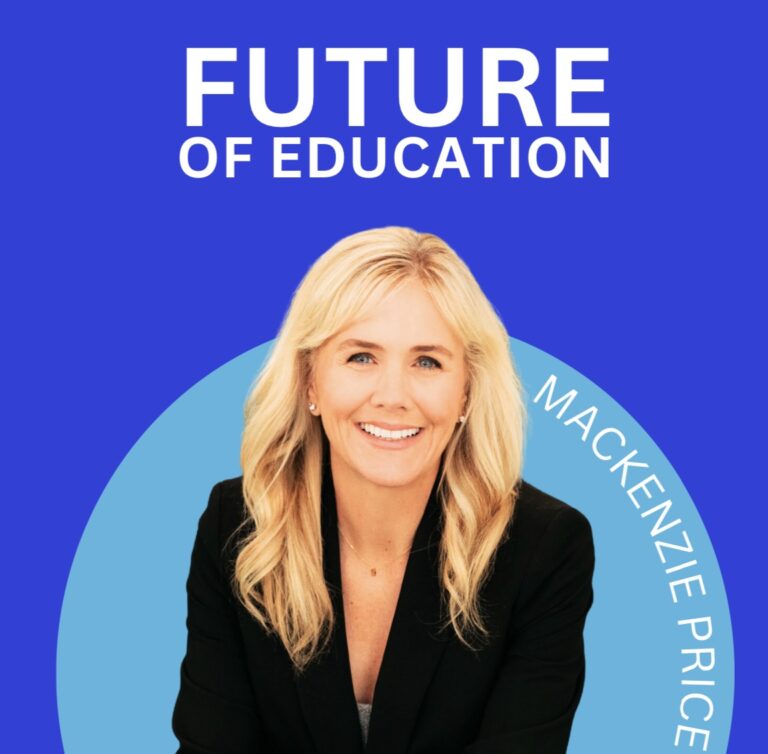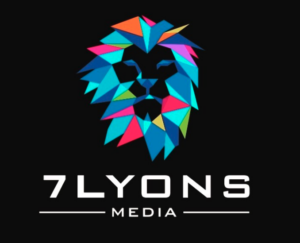Dispelling Dyslexia Myths — Dr. Coral Hoh // Dysolve
- Part 1 Dispelling Dyslexia Myths — Dr. Coral Hoh // Dysolve
- Part 2Helping Students with Dyslexia — Dr. Coral Hoh // Dysolve
Show Notes
-
01:33Recognizing the signs of dyslexia in childrenDyslexia stems from the inability to process language efficiently. If a child is having difficulty reading and performing poorly on standardized tests, it's crucial to investigate potential problems associated with dyslexia.
-
03:13Challenges in early detection and diagnosis of learning differencesBarriers for parents include the costly and lengthy diagnostic process and the limited availability of specialists. However, addressing language problems early is crucial to avoid the snowballing effect.
-
05:04Dyslexia and the harm of ineffective interventionsDyslexia is a processing challenge, not a reflection of a student's capability. Current dyslexia interventions often leave children feeling incapable and at fault, and prolonging them can lead to unreceptive attitudes when they can finally access proper resources to correct the condition.
-
07:00Neuroplasticity and dispelling dyslexia mythsDyslexia is commonly misconceived as an incurable, lifelong condition. However, interventions like Dysolve show significant post-treatment improvements in language tasks, highlighting the brain's capacity for reorganization.
-
08:30The limitations of traditional approaches to dyslexiaThere's a broader complexity to language beyond sounds, and dyslexic individuals struggle with processing sounds and connecting them to letters. Addressing only fragments of the language puzzle overlooks the extensive nature of dyslexia, prompting the turn towards AI.
-
10:18The school systems handling of dyslexiaResearch on student outcomes indicates that students in special education generally fail to meet state standards. This is a strong indication that the school system's approach to dyslexia is ineffective.
-
11:07Language processing disorders related to dyslexiaAmong individuals with dyslexia, some also face speech difficulties and dysgraphia, difficulty in writing. Challenges in reading often correlate with subsequent difficulties in spelling and writing.
-
11:49The prevalence of dyslexia and language processing challengesOfficially, sources indicate that 20% of the population struggles with dyslexia, equating to one in five individuals. However, when considering language processing challenges more broadly, that number surpasses 20%, encompassing a larger portion of the global population.
-
12:29The relationship between learning disabilities and language processing challengesLearning disabilities like dyslexia, dysgraphia, and dyscalculia are all related to language processing. Struggles with language processing can lead to difficulties in understanding early math concepts, leading to weak foundational skills and individuals falling behind.
Quotes
-
"Parents should recognize that, if they think that their children have dyslexia, chances are that they do." - Dr. Coral Hoh
-
"If you don't take care of a language problem in children early, then it's just going to snowball." - Dr. Coral Hoh
-
"The longer it takes for children to learn that their brain processes language differently, the less receptive theyre likely to be to interventions capable of correcting the condition when offered." - Dr. Coral Hoh
-
"The problem with dyslexia is that it's an immense problem, and people have only been taking care of pieces of the puzzle. To see the big puzzle and the complexity of it, we turned to AI." - Dr. Coral Hoh
-
"According to sources, 20% of the population has challenges with dyslexia, which is one in five. But, if you consider language processing, it's more than 20% of the population worldwide." - Dr. Coral Hoh
- Part 1 Dispelling Dyslexia Myths — Dr. Coral Hoh // Dysolve
- Part 2Helping Students with Dyslexia — Dr. Coral Hoh // Dysolve
Up Next:
-
Part 1Dispelling Dyslexia Myths — Dr. Coral Hoh // Dysolve
Dr. Coral Hoh, Co-Founder and Clinical Linguist at Dysolve, delves into dyslexia and student support. Dyslexia is commonly perceived as an uncorrectable, lifelong condition that individuals simply need to cope with. Yet, the concept of neuroplasticity and brain reorganization challenge this notion as breakthrough interventions like Dysolve’s continue to enable students to overcome their processing difficulties. Today, Dr. Coral discusses dispelling dyslexia myths.
-
Part 2Helping Students with Dyslexia — Dr. Coral Hoh // Dysolve
Dr. Coral Hoh, Co-Founder and Clinical Linguist at Dysolve, delves into dyslexia and student support. Enhancing support for students with dyslexia involves rethinking evaluation methods and embracing AI's continuous assessment capabilities. Unlike traditional evaluations in schools, which are often labor-intensive, time-consuming, and serve only a fraction of students, AI offers ongoing, personalized evaluations without limitations. Today, Dr. Coral discusses how to help students with dyslexia.
Play Podcast




